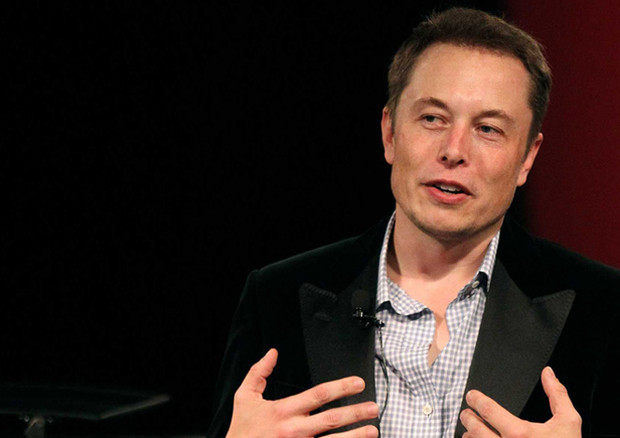After a 2024 marked by millions of dollars poured into Republican candidates, Elon Musk is now surprising the political and financial world with a sharp about-face: no more massive funding for the party.
He made the announcement during an economic forum in Qatar, where he explained that he intends to drastically cut political spending. In his view, he has “already done enough”. Now, the priority is to get Tesla and SpaceX, companies that are struggling due to plummeting sales and a reputational crisis, back on track.
This step back comes after the South African-born billionaire became the GOP’s top donor, investing over $300 million in support of Donald Trump’s campaign and other conservative candidates. A financial commitment that had made him a central figure in the American right-wing sphere, but also an easy target for growing protests in both the U.S. and Europe that have taken a heavy toll on his brands.
Further complicating the already tangled intersection of business and politics was Musk’s operational role at the White House, where he headed the controversial “Department for Government Efficiency” (DOGE). This initiative promoted massive cuts to federal jobs and public spending, a campaign that stirred tensions and dissatisfaction.
The tech tycoon also sought to reassure investors, confirming his intention to remain CEO of Tesla for at least another five years. The move was seen as an attempt to address concerns over his reduced presence at the company and the destabilizing effects of some of his political decisions. Musk reiterated that maintaining control of the company remained an absolute priority for him, adding that he had already begun limiting his political activities to one or two days a week.
Tesla, in fact, is struggling to bounce back. Sales dropped by 13% in the first quarter of 2025, with grim forecasts for the rest of the year. And while Musk claims that demand remains strong outside Europe, the situation at American and European plants tells a different story–one of strikes, boycotts, and eroding consumer trust.
Despite the announcement, the high-tech mogul hasn’t entirely ruled out the possibility of returning to political funding in the future, should there be, in his words, “compelling reasons to do so.” However, some analysts believe the entrepreneur’s decision also reflects a sense of “personal exhaustion” brought on by the controversies surrounding him.
A source close to the White House downplayed the impact of Musk’s retreat, suggesting the visionary will still exert influence as an informal adviser and through his donor networks. Other observers, however, warn that his withdrawal may leave a difficult gap to fill among Trump’s allies, now forced to rely more heavily on traditional donors and grassroots fundraising ahead of the midterm elections.
The investor’s image continues to divide public opinion. Republicans admire him, while Democrats abhor him. But the most telling statistic comes from a Reuters/Ipsos poll: 58% of Americans hold an unfavorable opinion of Musk, a warning sign for a figure who has long relied on charisma and personal branding to drive the value of his companies.












